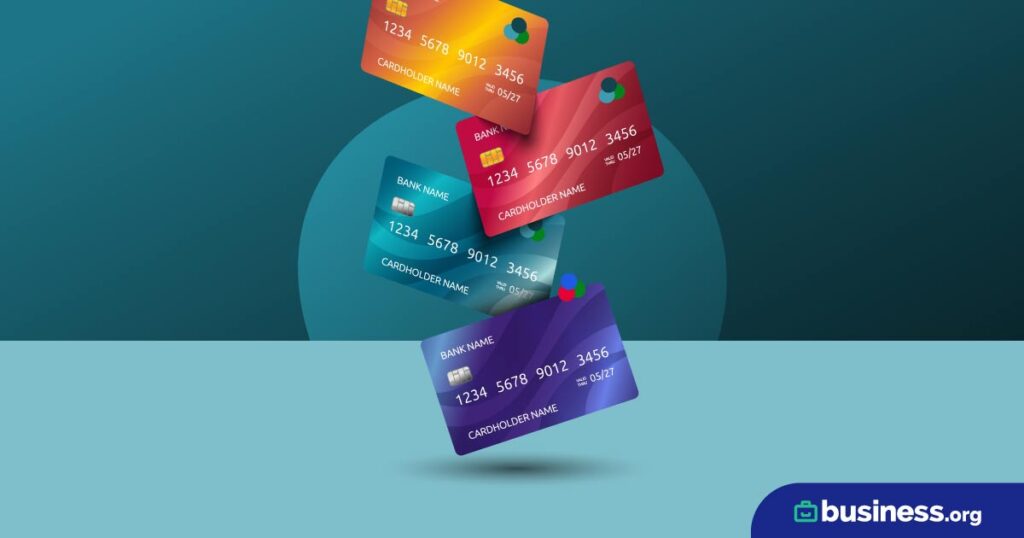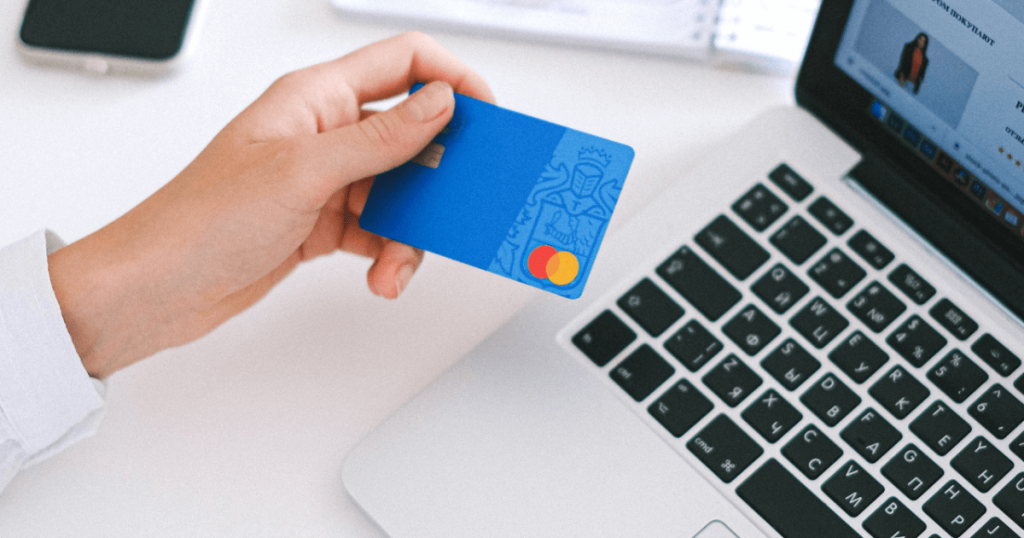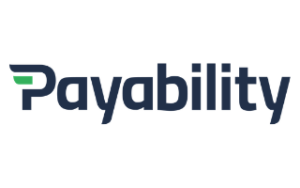We are committed to sharing unbiased reviews. Some of the links on our site are from our partners who compensate us. Read our editorial guidelines and advertising disclosure.
The 10 Best Unsecured Business Loans 2023
Data as of 3/30/23. Offers and availability may vary by location and are subject to change.
Don’t have sufficient collateral to get a secured loan? Or simply don’t want to offer any?
That’s where unsecured loans come in. Technically speaking, there really is no such thing as an “unsecured loan,” since pretty much all business loans have to be secured with a personal guarantee and a general lien on business assets. But a so-called unsecured loan doesn’t require any specific collateral, making them more accessible to more businesses.
Lendio has the best unsecured business loan options for most businesses, but we’ll show you plenty of other lenders that can help you get a loan without traditional collateral.
Best unsecured business loans
- : Best overall unsecured business loans
- : Another great lending marketplace
- : Best for fast funding
- : Best for repeat borrowers
- : Best for young businesses
Compare the best unsecured business loans
Data as of 3/30/23. Offers and availability may vary by location and are subject to change.
By signing up I agree to the Terms of Use.
Are unsecured business loans actually unsecured?
Here’s the dirty little secret about unsecured loans: they’re only kind of unsecured.
As we mentioned up top, unsecured loans don’t get secured with specific collateral (as you know). So you don’t need, say, real estate or valuable equipment to qualify.
But most unsecured small-business loans still require a personal guarantee, in which you promise personal liability for the loan in case of default. That means your personal assets—including your car, your house, the money in your bank accounts, and that gilded Elvis statue in your basement—are at risk if you default.
Likewise, you may have to agree to a general lien on your business assets, which allows the lender to go after your business assets if you default.
(Before you get too up in arms, remember that this only matters if you default on the loan. As long as you pay back what you’re supposed to when you’re supposed to, your personal and business assets will stay safe.)
So why bother with unsecured small-business loans at all? Well, again, if you don’t have assets to offer as collateral, then good luck getting a secured loan. Also, unsecured loans can usually be discharged if you declare bankruptcy. Secured loans, not so much.
Plus, a personal guarantee generally requires a court order to enforce. If you pledge collateral—particularly if the collateral stays in the lender’s possession—your lender has a much easier time taking those assets from you.
Merchant cash advances count as truly unsecured loans—no personal guarantee or assets needed. But since MCA lenders draw money from your credit card sales no matter what, you might find you prefer a personal guarantee anyway.
Lendio: Best overall unsecured loans
Data as of 3/30/23. Offers and availability may vary by location and are subject to change.
Lendio tops our rankings because it allows you to compare unsecured loans to find the best one for you. As a lending platform, Lendio won’t fund you itself; instead, it will connect you with lenders that match your financial needs and help you get approved for an appropriate loan. In fact, Lendio works with some of the other lenders on this list.
Lendio's funding managers will help match you with loans that you qualify for based on your credit rating and business profile. Then you can compare offers to find loans with the best APR or monthly payments—or whatever other criteria you care about. The result? You get the best possible unsecured loan for you.
That means that with one short application, Lendio can find you an unsecured loan that suits your needs.
The matchmaking process can take up to 72 hours before you even apply for a specific loan, so if you need funding in a hurry, you might skip Lendio. And remember, the fees and term of your loan will vary depending on your offers, so make sure you understand what you’re agreeing to before signing anything.
Fundera by Nerdwallet: Another great lending marketplace
Data as of 3/30/23. Offers and availability may vary by location and are subject to change.
Fundera by Nerdwallet provides a good alternative to Lendio.
Like Lendio, Fundera by Nerdwallet is a funding marketplace. It will take your loan application and shop around for you before presenting you with the best loan offers. That means that Fundera by Nerdwallet gives you another way to make sure you’re getting a great offer. And since Fundera works with some lenders that Lendio doesn’t (and vice versa), it may give you some more valuable lending opportunities.
Just make sure you’ve got some time to wait, since matchmaking isn’t an instant process. Fundera will likely take a day or two to process your application and match you with lenders, and then you’ll finalize your application with the lender you choose.
If you can handle that delay, though, you can get a good deal on your unsecured loan by shopping around with Fundera by Nerdwallet.
Bluevine: Best for fast funding
Data as of 3/30/23. Offers and availability may vary by location and are subject to change.
If Lendio and Fundera seem too slow, you might prefer Bluevine―the fastest lender on this list.
Bluevine makes things speedy for you, both when you apply and when you get funded. When you apply, you can expect to get approved in minutes (or hours, at the most). And then once you’ve been approved, you may be able to choose same-day funding. So by the end of one business day, you can get approved for a new (unsecured) line of credit and have money in your bank account.
You will have to pay a bit extra for same-day funding, though (just a small wire transfer fee). And we do need to point out that Bluevine has pretty high revenue requirements. It asks for $10,000 a month in revenue―or well over $100,000 a year.
But if that doesn’t concern you, then Bluevine can get you an unsecured credit line in no time at all.
OnDeck: Best for repeat borrowers
Data as of 3/30/23. Offers and availability may vary by location and are subject to change.
Just starting your borrowing journey? You might want to start it with OnDeck, so you can get better deals on later loans.
OnDeck specializes in giving its repeat borrowers extra perks. For example, you can get lower origination fees (or get them waived altogether). You might qualify to get the remaining interest on a loan waived when you apply for another one. And since OnDeck can build your personal credit score (unlike many online lenders), it can help you qualify for lower interest rates and better loans.
That said, OnDeck has its flaws. Even with its perks, OnDeck loans cost a lot, with a starting APR of 35%. And despite the high costs, OnDeck loans don’t have the lowest borrower requirements.
Even so, a relationship with OnDeck can get you discounts and an improved credit score―making it a good source for your unsecured business loan.
Fundbox: Best for young businesses
Data as of 3/30/23. Offers and availability may vary by location and are subject to change.
Fundbox works best for young businesses because it has low application requirements and delivers a straightforward, easy-to-use process.
Unfortunately, the company now requires applicants to have at least one year in business (previously three months or less for strong credit profiles). Still, it's a smashing option for young businesses thanks to the lender's customizable repayment terms, three-day fee-free grace period past a payment due date, and approval in as little as three minutes.
Plus, its technology-centric application process makes it easy for anyone to apply, regardless of technical background or entrepreneurial experience.
Fundbox uses a fancy application process that connects with your accounting software or bank account, so it doesn’t rely on the usual application materials to make a decision. That means you could qualify for a loan even with a less-than-perfect credit history or little time in business, so long as your transactions look good to Fundbox’s algorithm. Plus, the approval process takes mere minutes, so you can get funded in just a day or two.
Now, Fundbox does have one of the lowest credit limits on this list, so established businesses that need more financing will want to look elsewhere. Also, Fundbox has higher fees than some lenders in our ranking, so it might not give you the best possible deal.
But for a brand-spanking-new startup, Fundbox offers easy-ish access to an unsecured loan.
Honorable mentions
Haven’t seen an unsecured loan you want to apply for just yet? We’ve got five more lenders for you to consider.
- : Best for 0% interest
- : Best bank option
- : Best for monthly payments
- : Best for merchant cash advances
- : Best for e-commerce sellers
Compare honorable mention unsecured business loans
Data as of 3/30/23. Offers and availability may vary by location and are subject to change.
Kiva: Best for 0% interest
Data as of 3/30/23. Offers and availability may vary by location and are subject to change.
Want a loan that doesn’t require you to have collateral or to pay interest? That’s Kiva. Kiva offers microloans (loans of $15,000 or less) that don’t come with any interest or loan fees. You don’t need any collateral to qualify, and Kiva won’t even check your credit.
There is, of course, a catch. Kiva requires you to crowdfund your loan, a process that takes at least one month. And your family and friends have to be the first backers. Still, if you’ve got the time and the connections, Kiva offers a truly unbeatable deal on unsecured loans.
Bank of America: Best bank option
Data as of 3/30/23. Offers and availability may vary by location and are subject to change.
Bank of America offers unsecured small-business loans up to $100,000. As a traditional lender, Bank of America advertises a much lower APR than online lenders—but only if you meet strict application requirements: at least two years in business, a personal credit score in the high 600s, and $100,000 in revenue.
Plus, you have to be a Bank of America member to apply. Otherwise, you have to visit your local Bank of America to become a member so you can apply. These high requirements and the hassle of applying kept Bank of America from making our rankings.
Kabbage: Best for monthly payments
Data as of 3/30/23. Offers and availability may vary by location and are subject to change.
One issue with online lenders? Most of them give you a weekly (and sometimes daily) repayment schedule. That can interrupt your cash flow and cause you budget headaches. So if you’d rather a more traditional monthly payment schedule, we suggest turning to Kabbage. It offers monthly payments on all its unsecured credit lines.
Just make sure you really understand what you’re signing up for. Kabbage uses a confusing monthly fee system that can hide the true cost of its credit lines. So put in the effort to read the fine print, and then enjoy your monthly payments.
Lendr: Best for merchant cash advances
Data as of 3/30/23. Offers and availability may vary by location and are subject to change.
We don’t recommend merchant cash advances for most businesses. They’re too confusing and too expensive, with cash advance companies often taking advantage of desperate business owners. Still, merchant cash advances are truly unsecured funding options that can work well for some businesses. So if you’re sure you want one, we think you should get it from Lendr.
Lendr has better reviews than your run-of-the-mill merchant cash advance provider. Plus, it doesn’t try to hide its fees, so you can at least have some idea of what you’re signing up for. We’d still prefer to see you try another lender first―but if you’re going to end up with a cash advance, you might as well apply for one through Lendr.
Payability: Best for e-commerce sales
Data as of 3/30/23. Offers and availability may vary by location and are subject to change.
Payability offers cash advances specifically for e-commerce sellers. So our all usual warnings apply―we still think cash advances are costly and confusing, and we think you can do better. But if you know what you’re getting into, Payability does offer some nice advantages for e-commerce sellers.
See, Payability connects with lots of e-commerce platforms (like Amazon, eBay, and Walmart), and then it judges your application based on your sales. That means you don’t have to worry about credit history―just sales history. So if you want an unsecured option for your e-commerce business, Payability could be a good lender for you.
Alternatives to unsecured business loans
We talked briefly above about the difference between unsecured and secured loans, and how it comes down to whether or not you have collateral to offer up. But what about the other funding options? Well, if you need a smaller amount of money and can work with that same amount on a revolving basis, one option could be a business line of credit. An option that provides quick cash flow is invoice factoring, which involves selling accounts receivable to a third party at a discount.
If you prefer to work with individuals directly and wish to avoid the bank at all costs, you can go with either peer-to-peer lending or crowdfunding. And lastly, you can look into whether you might qualify for a grant or government-backed loan, which tend to involve being in a specific industry or meeting strict financial criteria.
The takeaway
Unsecured loans provide a way for small-business owners to get small-business loans without offering up collateral. In exchange, you’ll usually have to pay higher rates and fees—but you still have plenty of good options.
For most business owners, we recommend starting your unsecured loan search with Lendio. That way, you can easily compare the best offers. You can also try Fundera by Nerdwallet’s lending marketplace. But if you need money sooner, Bluevine offers faster funding turnaround. And if you’ve got a young business, Fundbox is much more likely to approve you.
Learn more about how to get an unsecured loan with our guide to getting a business loan without collateral.
Related reading
Methodology
After gathering a list of lenders that don’t require specific collateral, we compared their loan rates and fees, borrower requirements, customer reviews, and more. Then we assigned them scores based on those factors and used those scores to get our top 10 rankings.
Unsecured business loan FAQ
Let’s answer those lingering questions you have about unsecured loans.
SBA loans aren’t meant to be unsecured, but they sometimes are.
When you apply for SBA loans, you won’t see them advertised as unsecured or collateral-free. That being said, if you have an otherwise perfect application in which you meet all the SBA loan requirements and then some, lenders shouldn’t turn you down for an SBA loan just because you don’t have enough collateral. So think of them as secured loans with an asterisk rather than unsecured SBA loans.
Note, however, that this only applies if you don’t have sufficient collateral. If you just want an unsecured loan because you don’t feel like offering collateral, you’re out of luck; the SBA requires its lenders to take collateral when it's available.
Unsecured loans, as with all forms of business financing, have good parts and bad parts. You should weigh these carefully to decide if an unsecured loan will work best for your business’s needs.
On the pro side, unsecured loans obviously have no collateral requirements. Many small-business owners like that fact in and of itself, but it also translates to faster applications than those for secured business loans. Why? Because the lender doesn’t have to spend time evaluating collateral.
Plus, no collateral sometimes means you end up with more money. With secured loans, the value of your collateral often determines your loan amount. Since unsecured loans don’t use collateral, you don’t have to worry about getting a small loan because of your less-than-valuable collateral.
But what about the cons? Well, unsecured loans entail more risk for lenders than secured loans; if you default on your loan, they don’t automatically get valuable collateral.
This higher risk for lenders means that unsecured loans usually have higher interest rates and fees than the best business loans, as well as shorter terms than their secured counterparts. That might sound like a raw deal for business owners, but higher fees and shorter terms help mitigate the risk for the lender. Without them, you probably wouldn’t be able to get an unsecured loan at all.
Can you trust these loans to be truly unsecured?
Here’s the dirty little secret about unsecured loans: they’re only kind of unsecured.
To explain, unsecured loans don’t get secured with collateral (as you know). But most unsecured small-business loans still require a personal guarantee, in which you promise personal liability for the loan in case of default. That means your personal assets—including your car, your house, the money in your bank accounts, and that gilded Elvis statue in your basement—are at risk if you default.
(Before you get too up in arms, remember that this only matters if you default on the loan. As long as you pay back what you’re supposed to when you’re supposed to, your personal assets will stay safe.)
So why bother with unsecured small-business loans at all? Well, again, if you don’t have assets to offer as collateral, then good luck getting a secured loan. Also, unsecured loans can usually be discharged if you declare bankruptcy. Secured loans, not so much.
Plus, a personal guarantee generally requires a court order to enforce. If you pledge collateral—particularly if the collateral stays in the lender’s possession—your lender has a much easier time taking those assets from you.
Disclaimer
At Business.org, our research is meant to offer general product and service recommendations. We don't guarantee that our suggestions will work best for each individual or business, so consider your unique needs when choosing products and services.





